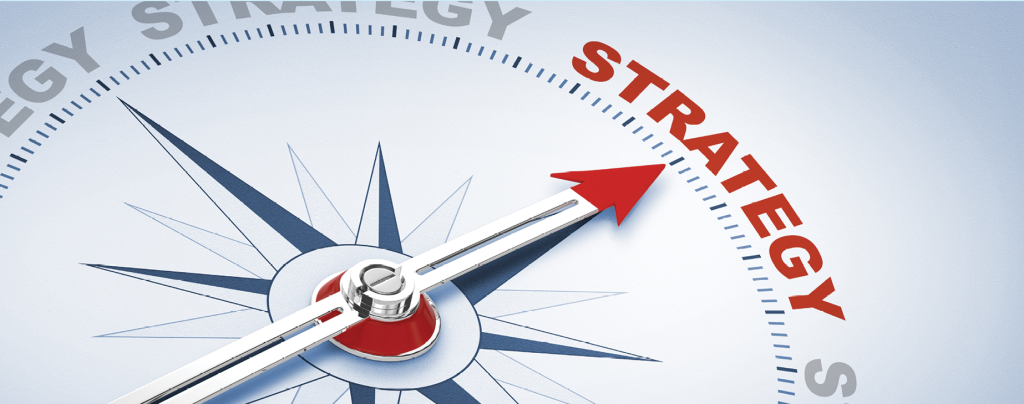What does your corporate strategy and culture have to do with your data and analytics strategy? Everything.
I was talking to a colleague about organizational readiness to implement a data strategy. He asked why I always emphasize Strategy and Culture. The fast answer? Because those two topics are so intertwined that lack of attention to either can make or break your efforts to be successful.
Point 1 – Strategy. If your data strategy isn’t aligned to your organizational strategy and goals, you won’t be able to demonstrate value. If you can’t add value, you’ll lose your sponsorship and funding. No value, no change.
Regarding value generation, a recent Gartner study indicates “only 20% of analytic insights will deliver business outcomes.” That means that organizations are investing billions of dollars in analytics with minimal return — hardly a recipe for success.” They cite “an organization’s failure to consider the activation-readiness of their approaches to real-world applications of analytics.” as a primary reason for this low results number. Use Data to Answer Your Key Business Questions (hbr.org)

Point 2 – Culture. Having success with data & analytics means that your culture has adopted these new skills and they have become the way we do things here. If you don’t get cultural adoption, you don’t get change. No change, no value.
Regarding culture change, for 10 consecutive years, the NewVantage Partners annual Data and AI Executive survey for 2022 continues to report: “Cultural impediments remain the greatest barrier to organizations becoming data driven” and respondents to the survey continue to see this as “the great challenge”. NewVantage Partners Releases 2022 Data And AI Executive Survey | Business Wire
The most recent 2023 survey indicates “… lack of progress — even regression in some cases” regarding organizational success implementing their data and AI initiative. It states, “The human side of data continues to challenge companies…The great majority of respondents report that the principal challenges to becoming a data-driven organization are human—culture, people, process, or organization—rather than technological…”. Less than a quarter of firms who responded to the survey report achieving a data-driven organization or data culture. Design-2023-Data-Analytics-Survey-Report.pdf (wavestone.us)
To reiterate, the likely cause for lack of progress, from Gartner’s perspective, is: “an organization’s failure to consider the activation-readiness of their approaches to real-world applications of analytics.“
If companies are going to make progress becoming data-driven, and successfully leveraging their enterprise data, it sounds like they need to pay careful attention to their implementation approach.
We believe we have the answer. Our Data Strategy Framework offers a step-by-step approach to building an organizational capability with data lifecycle management and analytics. It is based on the real-world experiences of a successful implementation.
The Framework has an implementation plan with 6 Phases, each with a clear set of activities and tasks to be executed. Each phase has a “Key Considerations” section which discusses the strategic and cultural implications of your implementation. Each Key Considerations section surfaces topics to consider and offers advice on developing an implementation approach that fits your culture. This ensures you are thoughtfully considering the activation-readiness of your approach and your plan is grounded in the real-world applications of analytics.
The framework asks simple questions like the ones below:
- Is there a clear organizational commitment to become a data-driven organization and is that defined in our corporate strategy?
- Who should own the Analytics function?
- How do you secure and maintain durable Sponsorship?
- How do you develop cross-functional accountability and cooperation?
- Where is the value? How do you surface opportunities to apply analytics that enhance existing revenue streams, or discover new ones?
- Do we have an equitable way to prioritize which Use Cases to work on?
- How do we prove value? Does the current culture do business cases and track benefits realization?
- How do you gain the trust of business functional areas to work with you to study their data?
- How do you engage and enable staff to help them transition through their fear of analytics so they can be successful?
- How do you gain the cooperation of IT and Cyber Security to let the Analytics group copy, move and study data?
- How do you deploy BI in a way that truly helps manage operational performance?
- What are the high-risk, or high-opportunity areas that need ongoing research and analysis and could lead to break-through innovation?
- Do we have a methodology for Data Science? Do we have a “laboratory” environment that allows experimentation and study? Are we rigorous and disciplined with our use of statistics?
- Have we anticipated how to deploy a successful “math model” into our production environment?
- How do you secure buy-in that Data Science requires trial & error and patience, concepts Executives have difficulty with?
- How do we build the use of analytics into our day-to-day activities, to improve decision-making and performance? How does it become “the way we do things here”?
Our purpose is to help organizations plan and implement their data & analytics initiative well. Our framework is a guide to ensure you have considered all the culture, people, process, organizational and technological elements to be successful.
We have two favorite taglines:
manage data. do science. get better
All lower case, no period at the end. We work to make data & analytics more pedestrian, and ongoing. It is simply doing “math” to improve the business!
Harvest – Study – Learn
Your enterprise data is your most valuable asset. The insights gained from studying it should lead to improvement, innovation, and organizational learning.
If you have not started your analytics journey, we have an Innovation Workshop that can get your executive team aligned on the concepts and begin identifying how it can help your business.
“Your enterprise data is your most valuable asset. The insights gained from studying it should lead to improvement, innovation, and organizational learning.”
If you have Sponsorship to start your journey, but need the business justification to sustain it, our Analytics Readiness Assessment is designed to survey your organization to surface opportunity ideas for analytics. Our Use Case Portfolio Management approach will help you prioritize and monetize this list of ideas and establish the initial business case for investment.
If you are committed to a data & analytics strategy and ready for implementation, you can download our full Data Strategy Framework for free -> Data Strategy Framework – Complimentary Download (kellerschroeder.com). Also, if you’d like our help planning, just call us! If you are actively doing analytics and have already identified Use Cases to do, we have the Enterprise Architects, Data Architects, Data Engineers and Data Scientists you need to hit the ground running.
Written By:

Tom Vargo
Vice President
Data Strategy Group




